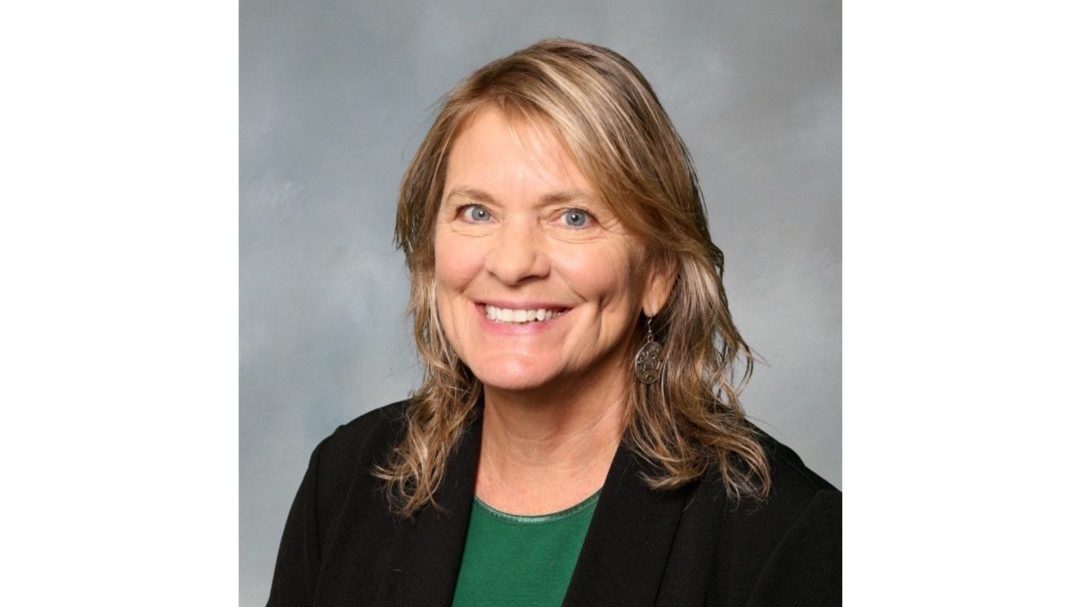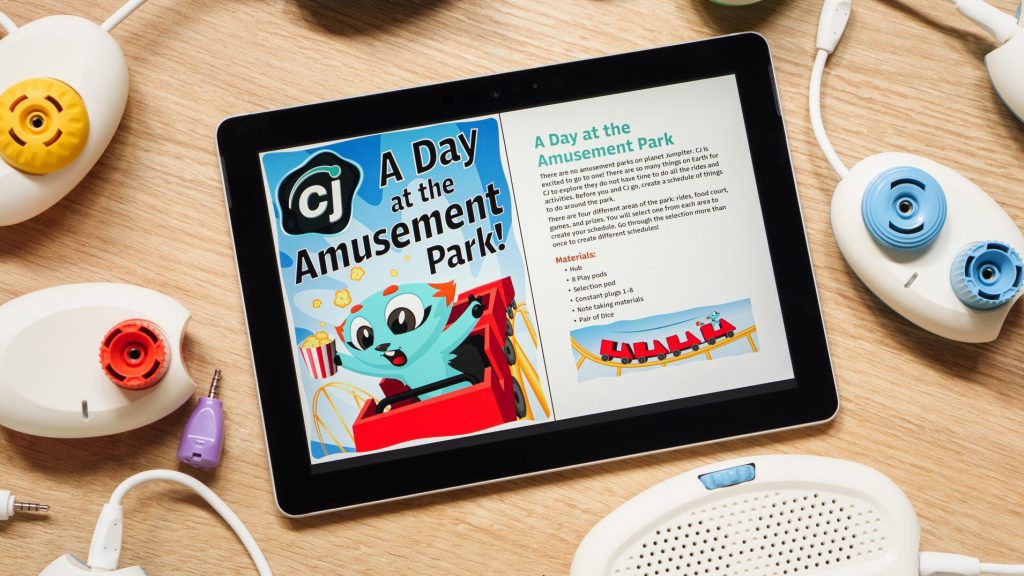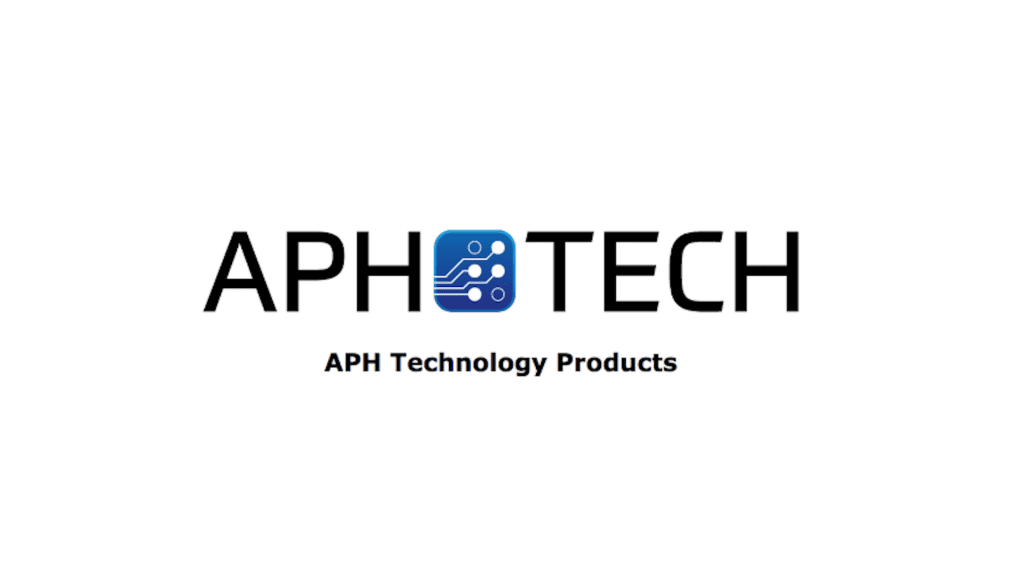To ensure gift delivery by 12/25, please place orders via UPS shipping no later than 12/17.
CloseMeet APH Scholar Jennifer Bliss

APH is excited to recognize Jennifer Bliss, nominated by EOT, Elizabeth Pieters, as one of our 2023-2024 APH Scholars.
When she was growing up, Jennifer’s family transported students from the then Iowa Braille and Sight Saving School to community events. After graduating from Iowa State University with a B.S. in education and a concentration in sciences and also obtaining an M.S. in education from Morningside College, Jennifer taught middle school science. She often had students who were blind or low vision mainstreamed into her class. Jennifer said, “When the Iowa Educational Services for the Blind and Visually Impaired (IESBVI) created a STEM Consultant position, I was excited to merge my love for the sciences with an interest in providing access to students with visual impairment.” When entering the blindness field, Jennifer also took Teacher of the Visually Impaired (TVI) coursework from the University of South Carolina and the University of Nebraska.
When explaining her role, Jennifer said, “My main responsibility is to collaborate with student teams in local schools to support STEM learning for students who are blind or have low vision—all of whom are mainstreamed in Iowa. I work with students ages preschool through 21 in all STEM and content areas, including computer science and sometimes technical education. I also create extended learning opportunities for our students, where they can be immersed in accessible content – with the intent of increasing confidence so they can be their own advocates in the classroom.”
Utilizing APH Products
Jennifer said, “I use APH products every day in my professional life—for myself and with students and teachers.”
Jennifer uses the DRAFTSMAN Tactile Drawing Board to quickly create simple, tactile drawings or graphs when they are not provided elsewhere. She said, “I love StackUps Kit: Spatial Reasoning Using Cubes and Isometric Drawings, Giant Textured Beads with Pattern Matching Cards, and the Geometro sets. Students are often enrolled in engineering courses where they are called upon to understand three dimensional concepts and associated tactile representations. The tactile cards and real items that come with these kits are great for scaffolding this understanding. The house in the Setting the Stage for Tactile Understanding Kit is also useful for teaching ‘perspectives’ in drafting.”
The Azer’s Interactive Periodic Table Study Set helps Jennifer’s students understand atomic and molecular structure. It also provides quick ways to represent equations and electron structure. Adding tactile tape to the Periodic Table is an easy way to clarify the connection between elements in periods 1, 2, and 3. The Adapted Science Materials Kit provides students with the tools they need to collect data and access that data to reflect, graph, or make predictions. To create those graphs, Jennifer’s students use the Graphic Aid for Mathematics or the Hundreds Board and Manipulatives.
Jennifer has also used our line of coding tools to fill in gaps of inaccessible programs in online coding courses. Jennifer said, “Several free and digital coding curriculums became widely used just before the pandemic, and more widely during and therefore after. The drawback is that much of it is not accessible to our students. Line based coding, which students often use at a high school level, is sometimes accessible, but the earlier levels of coding instruction that are computer based tend to be blocks of code that students move with a mouse. This is not accessible to students using a screen reader. Because these curriculums are being implemented so widely, Sara Larkin (IESBVI Math Consultant) and I have made an effort to put together ideas for alternative activities and accommodations so VI students are not left behind.”
Jennifer enjoys working with students and has learned to never underestimate what they can do. She said, “I have recently worked one-on-one with some high school students to support their use of Nemeth in chemistry. Sometimes, I help preteach concepts or difficult labs. In the last few years, I have worked with students to construct methods for mechanical drawings when their classmates were using Computer Aided Design (CAD) programs that were not accessible. A similar situation sometimes occurs when classrooms need accessible computer science content. I also enjoy our extended learning activities, which we provide throughout the state. Working with students always makes me laugh in one way or another.”
Robotics Competition
For two years, Jennifer and Sara Larkin put together teams of students who are blind and low vision to compete in the First Robotics Competition (FRC) in Iowa. The team was called “The Dark Side.” Jennifer said, “FRC provides STEM competitions from K-12 (FRC being the highest level), where teams create a large robot that must be programmed to complete a set mission. We gathered our team members from across the state once a week for months to plan, build, and program our robots. It was a learning experience for all as students mastered everything from measuring accurately, to coding, to how to operate a drill. Both teams participated in the regional competitions. We received great mentoring from professors and students from the University of Iowa engineering department.”
Read the CNN article.
Praise for Jennifer
EOT, Elizabeth Pieters, said, “During our time together, Jennifer has proven to be a true collaborator with passion. Her expertise in science and technology have been a huge asset. She has brought many students to develop a love of science through their ability to access educational materials and be able to demonstrate their knowledge.”
Looking Toward the Future
Jennifer said, “I hope to see a day when technology works seamlessly, and all online content is accessible to everyone.”
More about the Program
Each year, EOTs are asked to nominate someone they feel provides outstanding service in their region. Through a scholarship, awardees attend the APH Annual Meeting in Louisville, KY as a guest of APH. APH pays for all expenses in attending the conference, including transportation to the meeting, conference registration, and hotel accommodations.
Additionally, APH invites scholars to share their experiences with the rest of the users of APH products and services, for example, via webinars and reviewing courses in the APH Hive. During the spring Trustee Advisory Committee Meeting, scholars will be asked to participate in a panel discussion about their service to individuals who are blind or have low vision as well as participate in the review of APH products and services with the committee.
We look forward to meeting the 2023-2024 APH Scholars at our 155th Annual Meeting in October.
Share this article.
Related articles

Captain Your Adventures with Code Jumper Puzzles!
“Greetings from the planet Jumpiter! My name is CJ and I love going on adventures to new places. I’m visiting...

APH Tech: Providing Answers to All of Your Access Questions
Interested in learning more about popular APH products like BrailleBlaster, Typer Online, and more? The APH Tech site has information...
